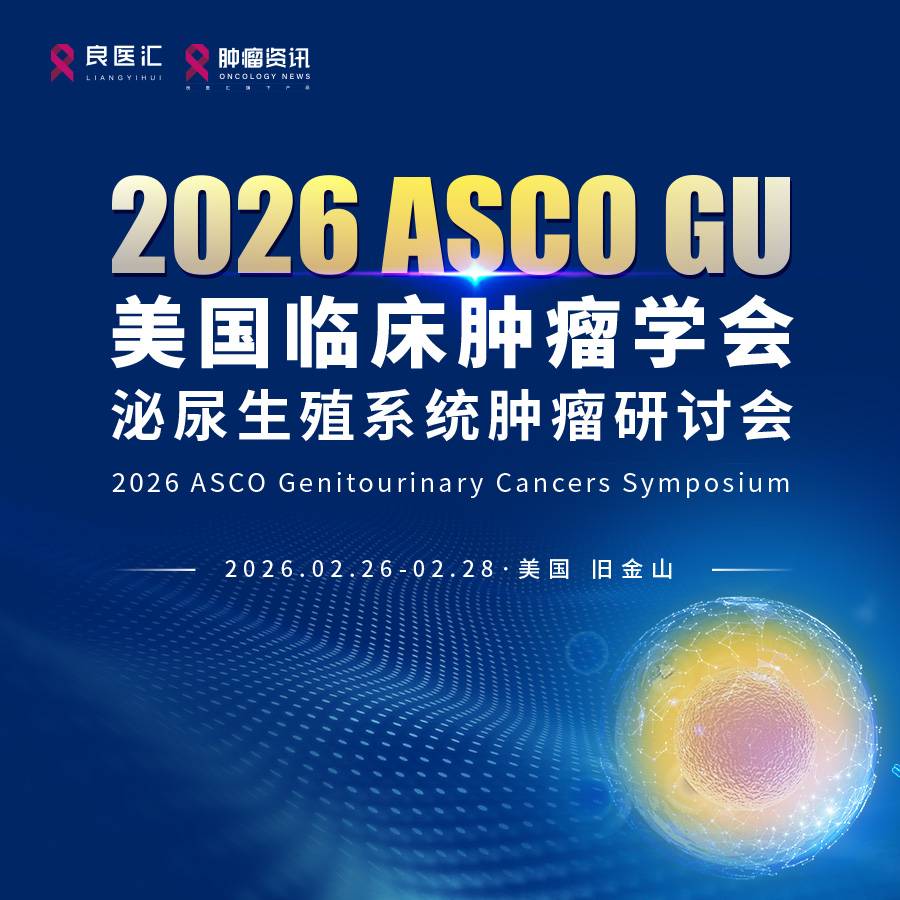
以下内容原文发布于AACR官方博客《Cancer Research Catalyst 》, 中文内容仅做参考,请点击文末阅读原文,阅览原文内容。
血液癌症可起源于多种细胞,包括白细胞(引起淋巴瘤和白血病)和浆细胞(引起骨髓瘤)。仅2020年,全世界新发血癌病例大约130万,占当年全部癌症确诊病例的5%以上。
每年,癌症研究者、行业代表、病患倡议者和其他相关参与者汇聚于AACR年会,讨论癌症的最新研究和治疗进展。今年AACR年会于4月10日至15日线上举行,展示了各个领域内血液癌症研究进展,包括基础机制研究、新型免疫疗法的开发和用于评估试验性疗法的临床试验等,其中两项会上展示的研究也同时在线发表在AACR旗下杂志《Blood Cancer Discovery》上。
其中第一个研究由Dongqing Yan博士在关于分子靶点的海报年会上进行了展示,该研究发现了一种针对急性髓系白血病(AML)的潜在治疗策略。该病患者的5年相对生存率只有29.5%。虽然大多数AML患者最初对标准治疗有反应,但常常会出现耐药性和/或复发。研究发现癌细胞中存在大量的代谢通路重编程,这让细胞代谢有望成为一个治疗靶点。
原文请阅读下文
Cancers of the blood can initiate in a variety of cells, including in white blood cells (giving rise to lymphoma and leukemia) or in plasma cells (giving rise to myeloma). In 2020 alone, there were an estimated 1.3 million new blood cancer cases worldwide, which accounted for more than 5 percent of all cancer diagnoses that year.
Each year, cancer researchers, industry representatives, patient advocates, and other stakeholders come together at the AACR Annual Meeting to discuss the latest research and treatment advances for cancer. This year’s Annual Meeting, held online April 10-15, featured advances in blood cancer research across various disciplines, including basic mechanistic studies, development of novel immunotherapy approaches, and clinical trials to evaluate investigational treatments. Two of the studies presented at the meeting were concurrently published online in the AACR journal Blood Cancer Discovery.
The first of these studies, presented by Dongqing Yan, PhD, during a poster session on molecular targets, uncovered a potential therapeutic strategy for acute myeloid leukemia (AML). The relative five-year survival for patients with this cancer is a grim 29.5 percent. While most patients with AML initially respond to standard treatment, resistance and/or relapse are common. Cellular metabolism has emerged as a promising therapeutic target due to the vast reprogramming of metabolic pathways observed in cancer cells.
In this preclinical study, Yan and colleagues examined the role of sirtuin 5 (SIRT5), a lysine deacylase that regulates multiple metabolic pathways, in AML progression and survival. They found that depletion of SIRT5 led to reduced cell proliferation and greater cell death in primary AML cell lines, but not in normal cells, independently of genotype. Similar findings were observed when SIRT5 activity was inhibited by NRD167, a selective SIRT5 inhibitor developed by Yan and colleagues. These preclinical results indicate that SIRT5 activity may be critical for AML progression and identify SIRT5 as a promising therapeutic target, according to Yan.
 Depiction of blood cancer. Getty Images.
Depiction of blood cancer. Getty Images.“Ongoing efforts aim to establish a high-throughput assay for screening small molecules for SIRT5-selective inhibition and to determine how SIRT5 intersects metabolism in health and disease,” Yan noted.
Read the full study in Blood Cancer Discovery.
Another study from the Annual Meeting, presented by Andrea Marra, PhD, during a poster session on cytogenetics and clinical molecular genetics, examined clonal hematopoiesis in classical Hodgkin lymphoma (cHL). Clonal hematopoiesis, or the expansion of hematopoietic stem cells with the same genetic mutation, has been shown to increase the risk for many blood cancers; however, the impact of clonal hematopoiesis in the development of cHL is poorly understood.
In this study, Marra and colleagues sequenced tumor and matched normal blood or lymph node cells from 40 patients with cHL. Clonal hematopoiesis was detected in cHL from five patients and was spread extensively throughout the non-neoplastic tissue microenvironment in three patients. In these three patients, mutations in DNMT3A, KRAS, or DNMT3A plus TET2 comprised 33 percent, 92 percent, or 60 percent of cells in the tissue microenvironment, respectively. While DNMT3A/TET2 mutant clonal hematopoiesis seeded the neoplastic clone, clonal hematopoiesis of the DNMT3A mutant did not initiate the neoplastic clone despite accounting for over 90 percent of certain blood cell populations. cHL in all three patients with extensive clonal hematopoiesis spread progressed on first-line chemotherapy, compared to 31 percent of patients without extensive clonal hematopoiesis. Together, the results of this study indicate that clonal hematopoiesis may or may not give rise to neoplastic clones, can spread through the tumor microenvironment, and may impact prognosis.
Read the full study in Blood Cancer Discovery.
As an additional step to help promote blood cancer research, the AACR hosted its first-ever meeting devoted entirely to myeloma on April 26-27. The AACR Virtual Meeting: Myeloma: Discovery to Therapy featured sessions on disease progression, genomics and epigenetics, the tumor microenvironment, novel therapies, and treatment resistance. The meeting also included a panel discussion on the impact of the COVID-19 pandemic on clinical trials and drug development for myeloma, which was moderated by Kenneth Anderson, MD, FAACR, a cochair of the conference and an editor-in-chief of Blood Cancer Discovery.
Further advances in blood cancer research will be presented in June at the International Conference on Malignant Lymphoma, which is co-sponsored by the AACR. The deadline for regular registration is May 31.















 苏公网安备32059002004080号
苏公网安备32059002004080号


